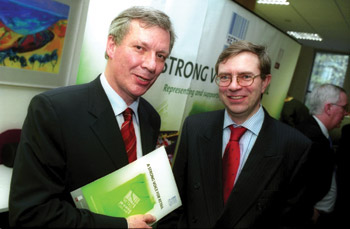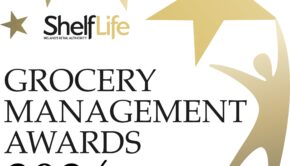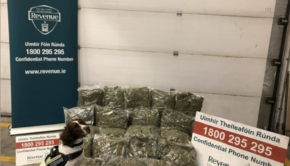Irish retail business costs are higher

Director of Retail Ireland Torlach Denihan has welcomed the Forfás report which confirms that retailers in Ireland face significantly higher costs
7 January 2009
A Forfás review of the retail sector in Ireland has found that the cost of running a retail business here is significantly higher by comparison with other countries. The report, which was released before Christmas and was commissioned by Tánaiste Mary Coughlan last September, has been greeted with approval within the industry.
Director of Retail Ireland Torlach Denihan said: “This report by Forfás confirms what Retail Ireland has been saying for many years, that the cost of running a retail business here is significantly higher than in Northern Ireland and in other countries. Our analysis suggests it is approximately 30% more expensive to run a retail business here than in the North.”
Tánaiste and Minister for Enterprise, Trade and Employment, Mary Coughlan commissioned the review by Forfás last Autumn after serious concerns were raised over the price differential between the North and South of Ireland. The action was taken after Taoiseach Brian Cowen was overheard telling the Tánaiste to “get a handle on it”, in the now infamous “those f**kers” outburst, following persistent criticisms of rising consumer prices in the Republic during Leaders’ Questions at the Dáil.
In response to the new Forfás report, the director of the retail division of IBEC is calling on the government to address the high cost problem for retailers in Ireland.
“We want to know what the government now proposes to do about costs that the State controls directly such as commercial rates, electricity and waste disposal,” Torlach Denihan said in a recently issued press release.
In addition, Denihan said that the report is useful because it also draws attention to the fact that retailers in the north have further advantages over competitors in the south: “The Forfás report is a very useful exercise, but only deals with a portion of the costs incurred by retailers. Retailers in Northern Ireland benefit from the economies of scale associated with being part of the massive UK market, with its 60 million consumers. The Forfás report does not deal with the fact that these economies of scale are not available to retailers here.”
Furthermore, he added: “Prices paid to suppliers do not fall within the terms of reference of the Forfás report. The report points out that the cost of goods bought for resale accounts for 75% to 80% of any retailer’s cost base. Retailers are frequently not given the benefit of sterling’s weakness, with UK-based suppliers either refusing to pass it on or else pricing in euro. We believe that Forfás should next be asked to look at this.”
Denihan concluded by stating that the need for action is greatest now, particularly after several consecutive months of falling value of sterling against euro. The pound was trading at over 98 pence to the euro as 2008 drew to a close, with further decline expected.
“Retailers here are at an enormous competitive disadvantage due to the 23% collapse in sterling over the last three months. Retail Ireland rejects the government implication that the sector is not giving consumers the benefit of the strong euro. Government needs to act to restore the sector’s ability to compete and maintain employment. If this action is not forthcoming job losses among the sector’s 300,000 employees are inevitable," he said.



 Print
Print






Fans 0
Followers